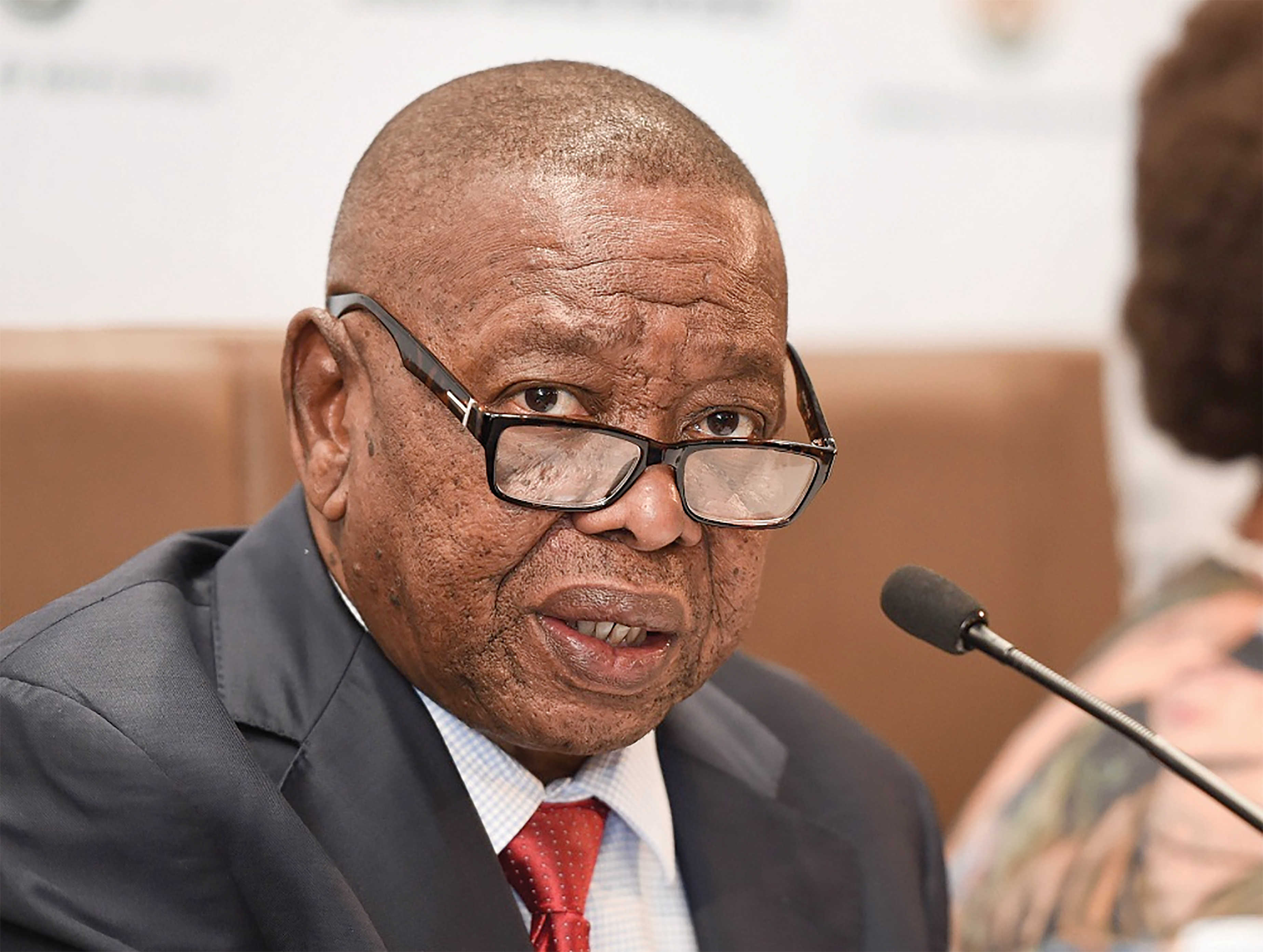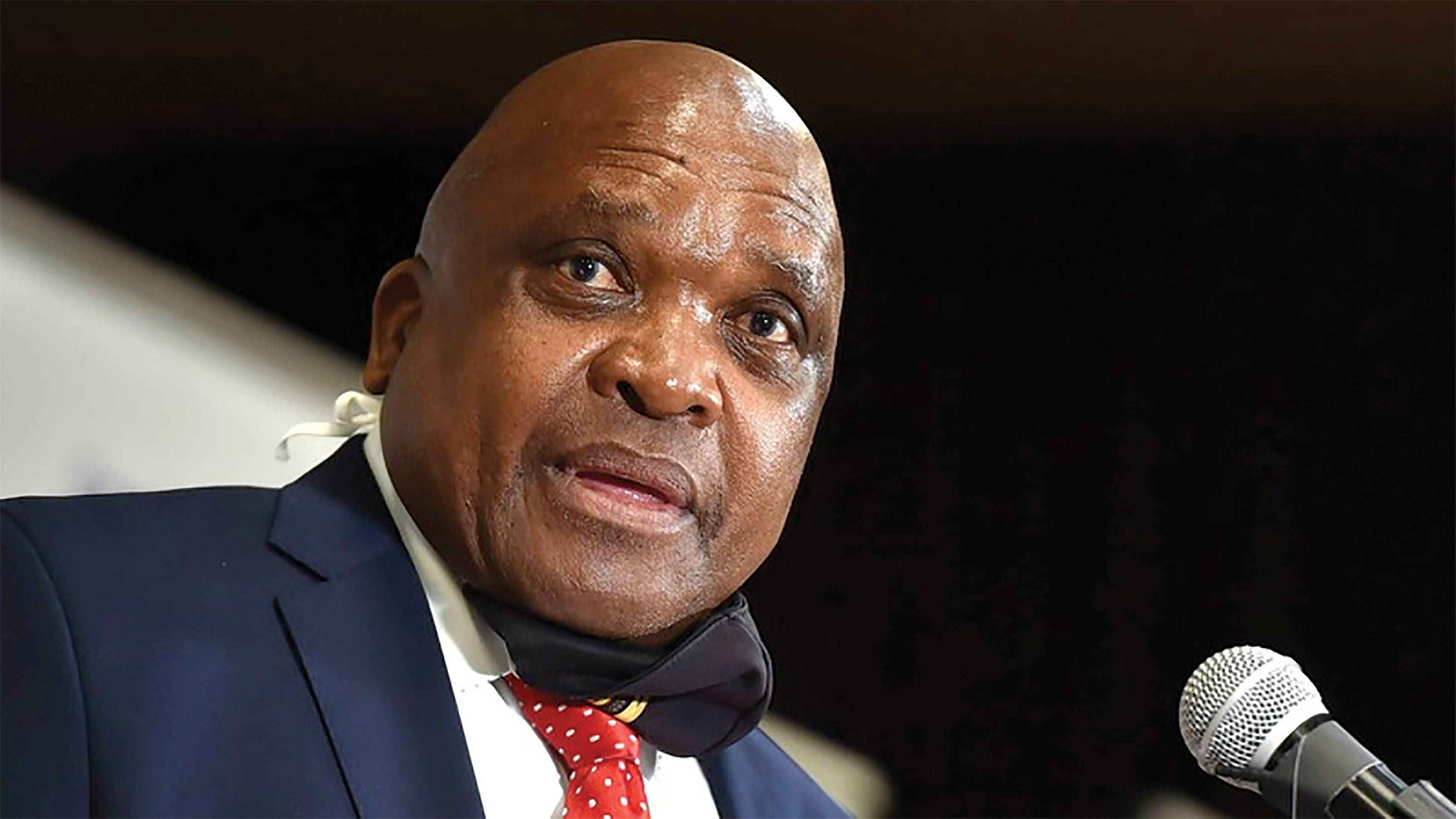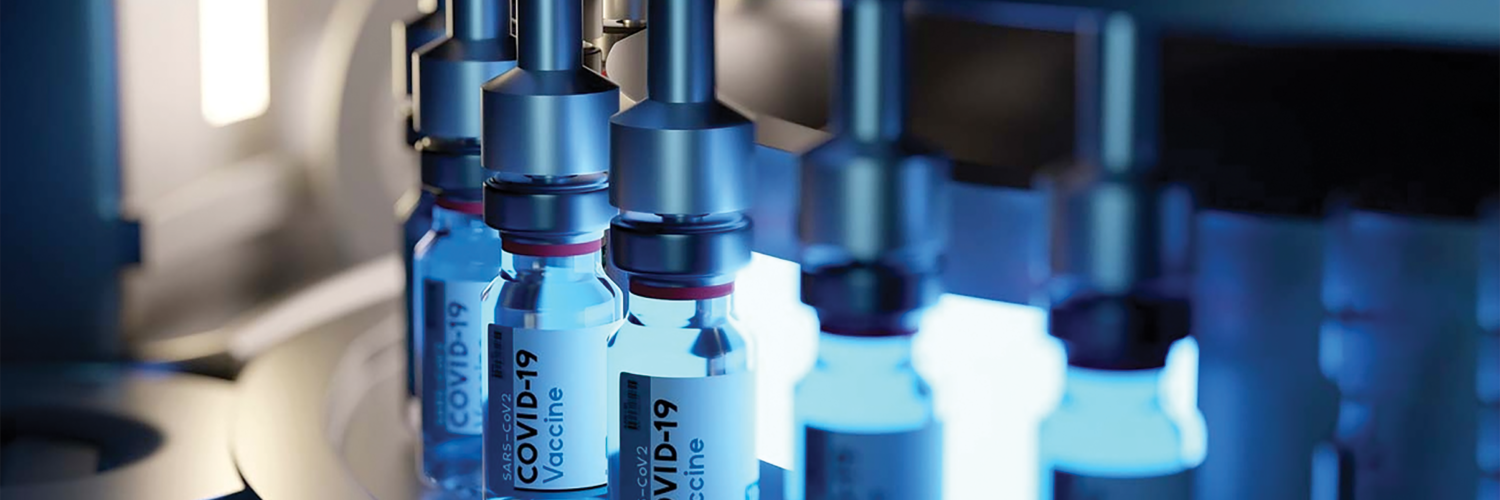COOPERATION: Strengthening BRICS collaboration in the hydrogen economy, and the marine sciences to be prioritised…
By WSAM Reporter
Minister of Higher Education, Science and Innovation, Dr Blade Nzimande, has called on his partners from BRICS to develop science and innovation capacities across Africa for the creation of a better future for all.
Nzimande was speaking on Friday at the 2023 BRICS (Brazil, Russia, India and China and South Africa) Ministerial Meeting on Science and Innovation in Gqeberha, Eastern Cape.

He told his counterparts from Brazil, Russia, India and China that one of the strategic objectives of the annual ministerial meeting is to provide an opportunity for a high-level exchange on science, technology, and innovation policy.
The platform is to also share information on priority investment areas, as well as national progress in the implementation of BRICS partnership initiatives. He told delegates that in 2022, the country witnessed a historic milestone in science policy development with the adoption of the Decadal Plan.
The Decadal Plan, approved by Cabinet, focuses on growing South Africa by finding sources of new economic growth for a re-industrialised and modern economy.
“Although prepared by my department, it is not only a plan for the Department of Science and Innovation, or for government alone, but for all of South Africa,” he said. The plan also seeks to put science, technology, and innovation at the heart of South Africa’s growth and development agenda.
Meanwhile, the Innovation and Skills Compact will undertake amongst others a regulatory reform to create a more enabling policy environment for innovation in South Africa.
It will also forge a closer collaboration between higher education and training bodies, and employers, to ensure that skills development better corresponds to the needs of the economy.

“Our plan does not identify priorities [of] scientific disciplines or technology platforms in their own right, but instead focus on the collective and holistic response of South African science and innovation on key societal challenges confronting South Africa.
“This approach notably foresees a central role by the social sciences and humanities, which remains a priority investment area.” He also touched on the strengthening BRICS collaboration, namely vaccine manufacturing, the hydrogen economy, and the marine sciences. “The Decadal Plan proposes a new dedicated programme on innovation for a healthy South African population.
“This programme will focus on both physical and mental health; build on our existing successes in for example the fight against infectious diseases such as HIV-AIDS, while also reinforcing our pandemic preparedness.” The Minister said developing South Africa’s vaccine manufacturing capabilities would be a priority investment area.
“Our objective is to develop a viable local vaccine manufacturing industry in South Africa, which will notably address African concerns regarding the security of supply.” The plan will also zoom into energy security as a priority, which has led to the implementation of South Africa’s Hydrogen Society Roadmap.
The roadmap also seeks to exploit South Africa’s unique comparative advantage, the endowment of 75% of global platinum metals group reserves.
“We have made excellent progress in developing new hydrogen and fuel cell technologies and are keen to join forces with BRICS partners in this enterprise.
“Opportunities abound in areas such as the decarbonisation of transport and the production of green hydrogen, including as part of a dedicated Platinum Valley, spatial and economic development initiative.”
‘BRICS COUNTRIES MUST CREATE OWN EARLY VIRUS WARNING SYSTEMS’
CAPACITY: Tracking the virus paramount as it would continue to evolve, posing risk to societies of member states, says Phaahla …
By Lehlohonolo Lehana

Health Minister Dr Joe Phaahla says, even though Covid-19 infections are on a downward trend, the world cannot afford to let its guard down. “We just need to make sure that we are tracking the virus because it will continue to evolve and pose risk in our societies.”
The Minister said he was hopeful that the leaders now had the tools and the political will in place to ensure that future waves do not result in more severe diseases and deaths. Phaahla, together with health ministers from Brazil, Russia, India, and China, were speaking at the adoption of the declaration of the 13th BRICS Health Ministers Meeting.
This week’s BRICS health events held at the Durban International Convention Centre are a run-up to the 15th BRICS Summit later this month. The 13th BRICS Health Ministers Meeting was taking place under the ‘Bridging the Gap on Sustainable Health on the Road to Universal Health Coverage 2023’ (UHC) theme.
The Minister said the bloc partnership had a significant role to play in surveillance, preparedness, and developing health mechanisms to confront pandemics. He said over the last decade, the BRICS countries had committed to substantial health-system reforms designed to improve equity in service use, quality, and financial protection, with the ultimate goal of achieving UHC.
Last month, the National Assembly passed the National Health Insurance (NHI) Bill paving the way for universal healthcare, bringing it a step closer to being signed into law and being rolled out.
“This is one of the most revolutionary bills ever passed by the National Assembly since the dawn of our democracy in 1994,” he told delegates. UHC, he said, was undoubtedly the cornerstone to achieving Sustainable Development Goal 3, on good health and well-being. “We have an opportunity to make our voices heard as BRICS countries building on our hard negotiated and agreed goals towards universal health agenda.”
“So, we should leverage our involvement in the G20 to push the global health agenda and related areas for ensuring global health security.” He also acknowledged that there was still a lot to be done to ensure access and equity to safe and essential medical products for people, especially in developing countries.
Phaahla also touched on the equitable distribution of vaccines and expeditious vaccination, to fill the immunisation gap globally. “We should, therefore, remain focused on discussions on the importance of the World Trade Organisation on relevant intellectual property waiver proposals, as well as capacity building and strengthening local production of vaccines and other health tools, especially in developing countries,” he stressed, adding that mNRA hubs should be supported.
Phaahla said the leaders had also agreed that they should jointly take proactive and effective measures to prevent and reduce the risk of cross-border transmission of infectious diseases and contribute to improving global health.
He believed that the BRICS nations were a force to be reckoned with, as they carried a great number of the world’s population of underprivileged societies.































